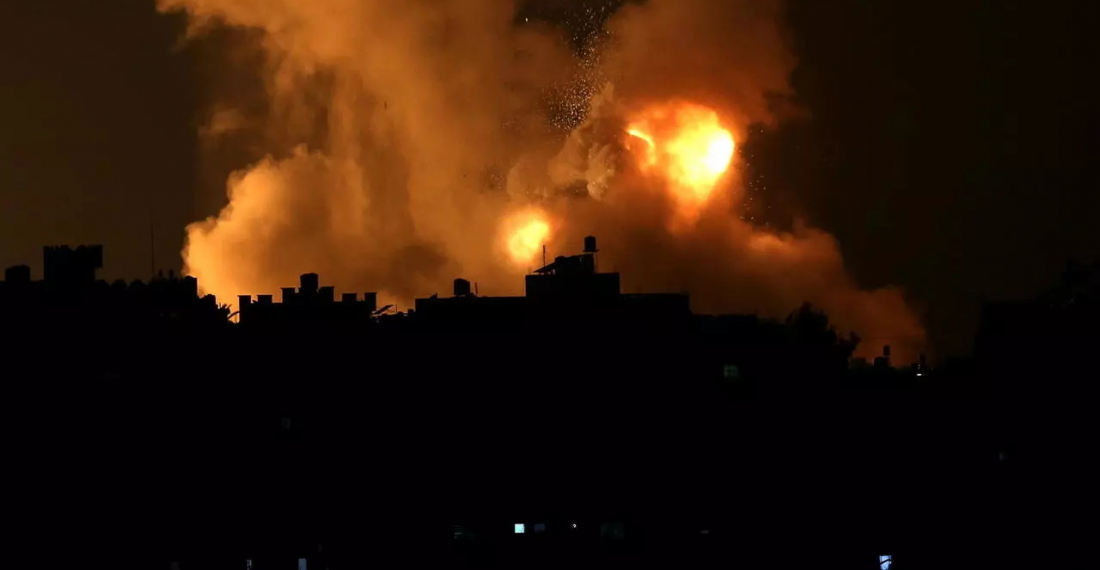The European Union and the United States have condemned the recent violence in Jerusalem and the Gaza Strip, demanding a de-escalation of the crisis. The High Representative of the European Union for Foreign Affairs and Security Policy, Josep Borrell, said the "significant upsurge in violence" in the West Bank, Gaza and East Jerusalem "needs to stop immediately".
The EU has condemned the bombing of Jerusalem and the Gaza Strip. A statement by spokesman Peter Stano, issued on Monday evening (10 May) on the website of the European External Action Service, said:
"The significant upsurge in violence in the occupied West Bank, including in East Jerusalem as well as in and around Gaza needs to stop immediately.
The firing of rockets from Gaza against civilian populations in Israel is totally unacceptable and feeds escalatory dynamics.
All leaders have a responsibility to act against extremists. The status quo of the holy sites must be fully respected.
We reiterate our call on all sides to engage in de-escalatory efforts. Further civilian casualties must be prevented as a priority."
For several days, protests by Palestinians in Jerusalem against the eviction of families to make way for Jewish settlers have resulted in Palestinian rocket fire into Israel and Israeli airstrikes on the Gaza Strip.






